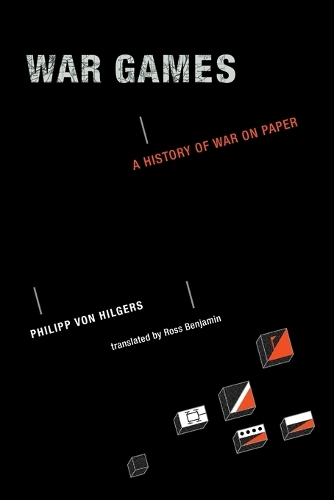
War Games: A History of War on Paper
(Paperback)
Publishing Details
War Games: A History of War on Paper
By (Author) Philipp von Hilgers
Translated by Ross Benjamin
MIT Press Ltd
MIT Press
16th March 2012
United States
Classifications
Professional and Scholarly
Non Fiction
Theory of warfare and military science
Military engineering
355.4809
Physical Properties
Paperback
234
Width 152mm, Height 229mm, Spine 16mm
Description
The convergence of military strategy and mathematics in war games, from medieval to modern times.For centuries, both mathematical and military thinkers have used game-like scenarios to test their visions of mastering a complex world through symbolic operations. By the end of World War I, mathematical and military discourse in Germany simultaneously discovered the game as a productive concept. Mathematics and military strategy converged in World War II when mathematicians designed fields of operation. In this book, Philipp von Hilgers examines the theory and practice of war games through history, from the medieval game boards, captured on parchment, to the paper map exercises of the Third Reich. Von Hilgers considers how and why war games came to exist- why mathematical and military thinkers created simulations of one of the most unpredictable human activities on earth. Von Hilgers begins with the medieval rythmomachia, or Battle of Numbers, then reconstructs the ideas about war and games in the baroque period. He investigates the role of George Leopold von Reiswitz's tactical war game in nineteenth-century Prussia and describes the artifact itself- a game board-topped table with drawers for game implements. He explains Clausewitz's emphasis on the "fog of war" and the accompanying element of incalculability, examines the contributions of such thinkers as Clausewitz, Leibniz, Wittgenstein, and von Neumann, and investigates the war games of the German military between the two World Wars. Baudrillard declared this to be the age of simulacra; war games stand contrariwise as simulations that have not been subsumed in absolute virtuality.
Author Bio
Philipp von Hilgers, recently a Postdoctoral Fellow in the Department of the History of Science at Harvard University, is Managing Director at Meetrics, a Berlin-based company for Web analytics and the measurement of online reading activities.
